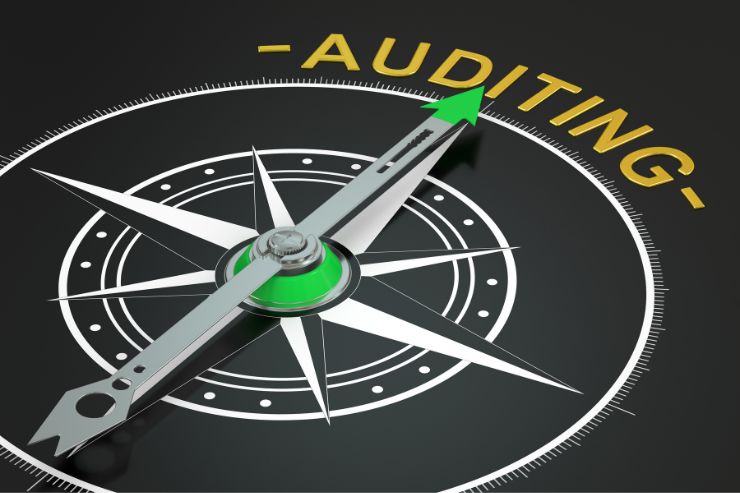For many businesses, the mere mention of an audit can evoke feelings of uncertainty and anxiety. However, understanding the audit process and adequately preparing for it can alleviate much of this apprehension. In this blog post, we’ll offer insights into the audit process, including the different types of audits, common audit procedures, and valuable tips for preparing effectively. Our goal is to empower readers with a better understanding of what to expect during an audit, thereby reducing stress and fostering confidence in their ability to navigate the process successfully.
The audit process can vary depending on the type of audit being conducted. Common types of audits include financial audits, compliance audits, and operational audits. Financial audits focus on verifying the accuracy of financial statements and ensuring compliance with accounting standards, while compliance audits assess adherence to specific laws, regulations, or internal policies. Operational audits, on the other hand, evaluate the efficiency and effectiveness of business operations.
Regardless of the type of audit, certain procedures are typically involved. These may include reviewing financial records, conducting interviews with key personnel, testing internal controls, and verifying the accuracy of reported data. Understanding these procedures can help businesses prepare adequately and anticipate the information and documentation required during the audit.
So, how can businesses prepare for an audit and ease the process? Here are some valuable tips:
- Maintain accurate and organized financial records: Keeping detailed and up-to-date financial records is essential for demonstrating transparency and facilitating the audit process. Organize documents systematically and ensure they are easily accessible when needed.
- Conduct internal reviews: Perform internal reviews of financial processes and controls to identify any potential areas of concern or non-compliance. Addressing issues proactively can mitigate risks and streamline the audit process.
- Communicate openly with auditors: Establish open lines of communication with the audit team and provide prompt responses to inquiries or requests for information. Transparency and cooperation can expedite the audit process and build rapport with auditors.
- Seek professional guidance: Enlist the expertise of qualified professionals, such as accountants or auditors, to assist with audit preparation and representation. Their knowledge and experience can offer valuable insights and ensure compliance with audit requirements.
- Stay informed and proactive: Stay updated on relevant laws, regulations, and industry standards to ensure compliance and mitigate potential audit risks. Proactively address any deficiencies or concerns identified during internal reviews to minimize audit findings.
By following these tips and understanding the audit process, businesses can approach audits with confidence and ease. Remember, audits are not meant to be punitive but rather serve as a means of ensuring transparency, accuracy, and compliance. With proper preparation and proactive measures, businesses can navigate the audit process successfully and emerge stronger and more resilient.

